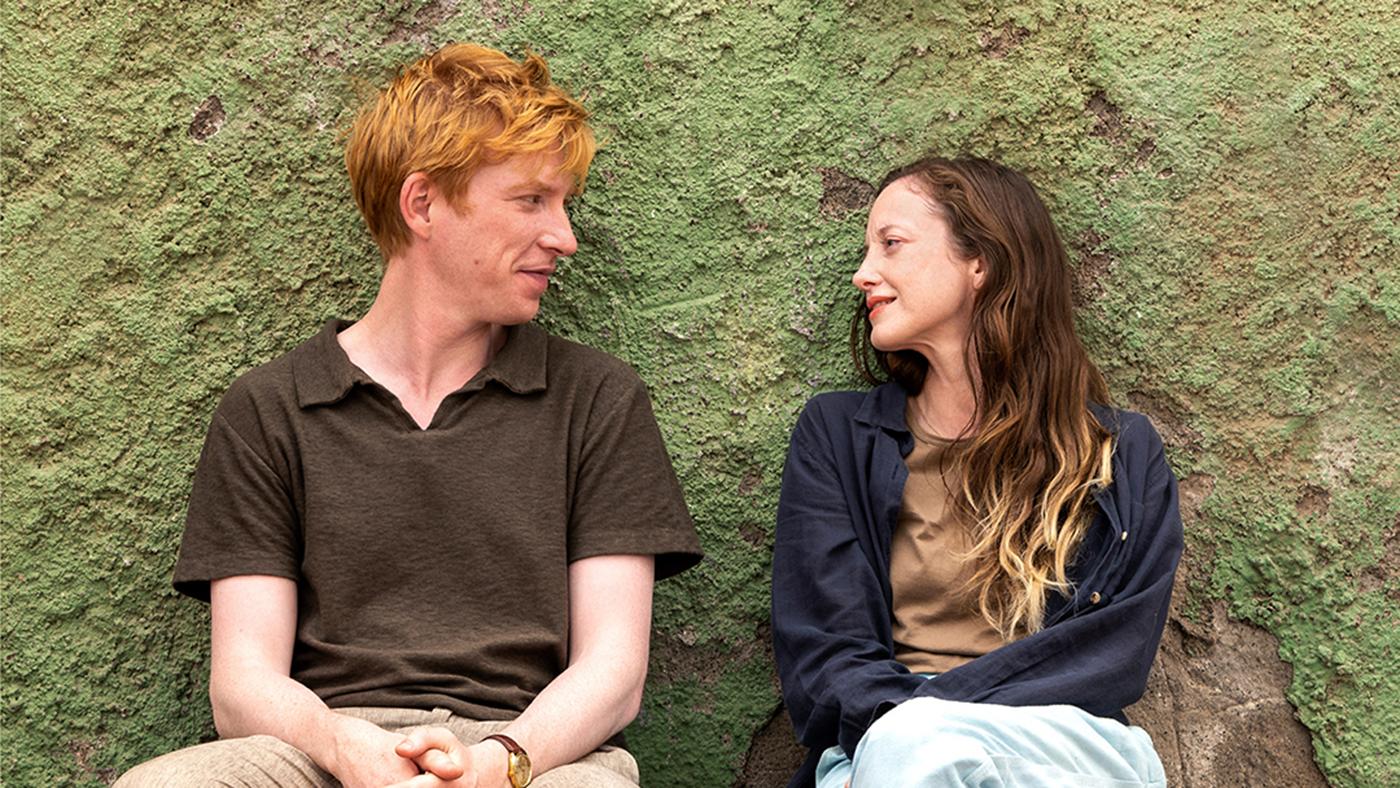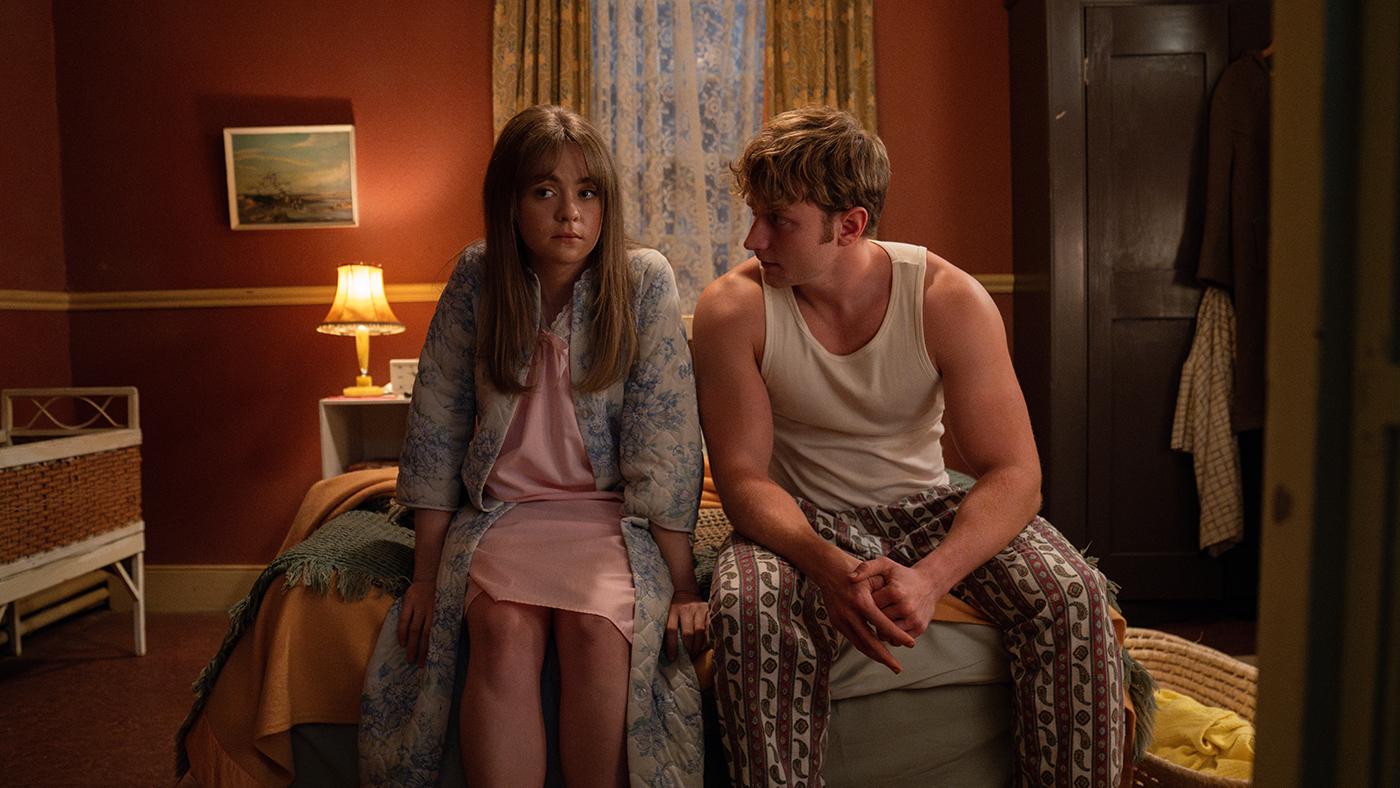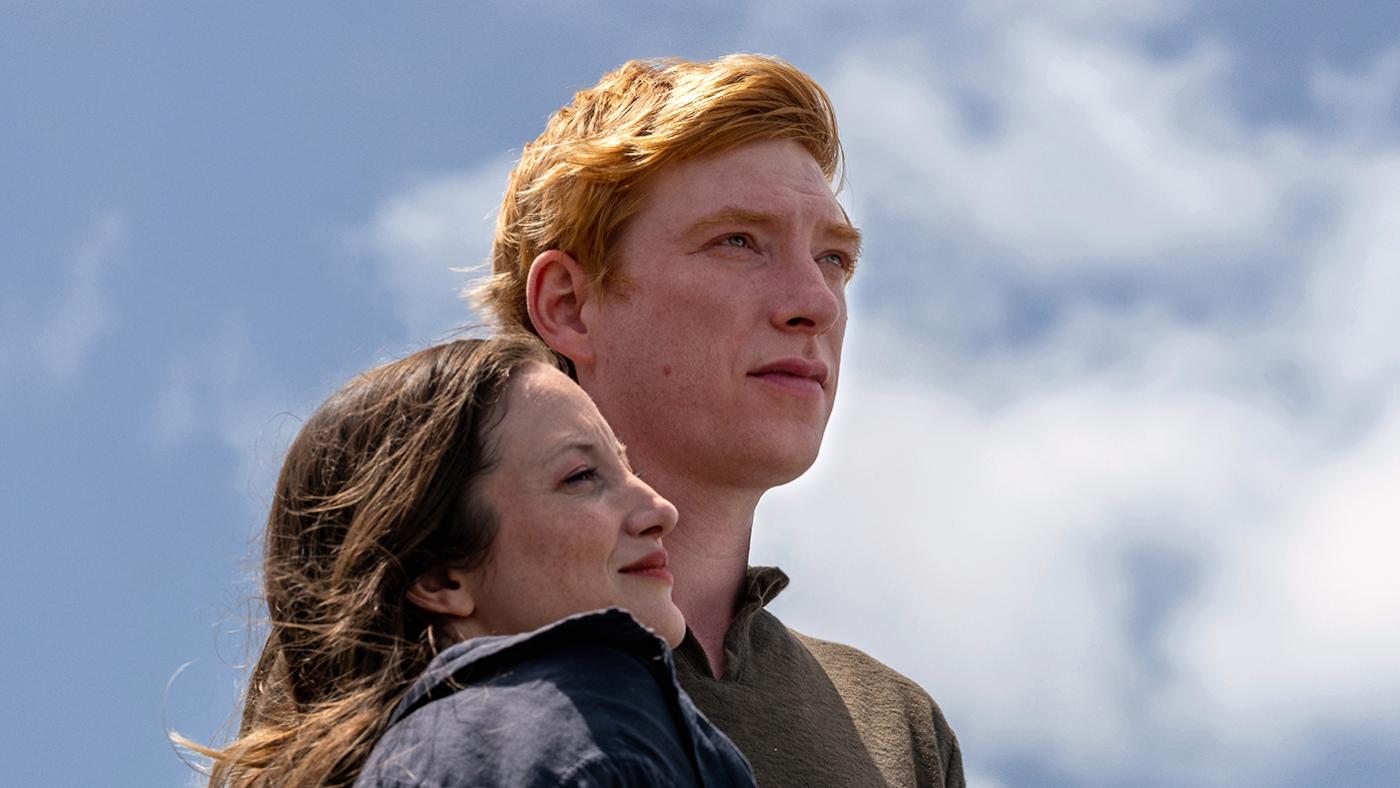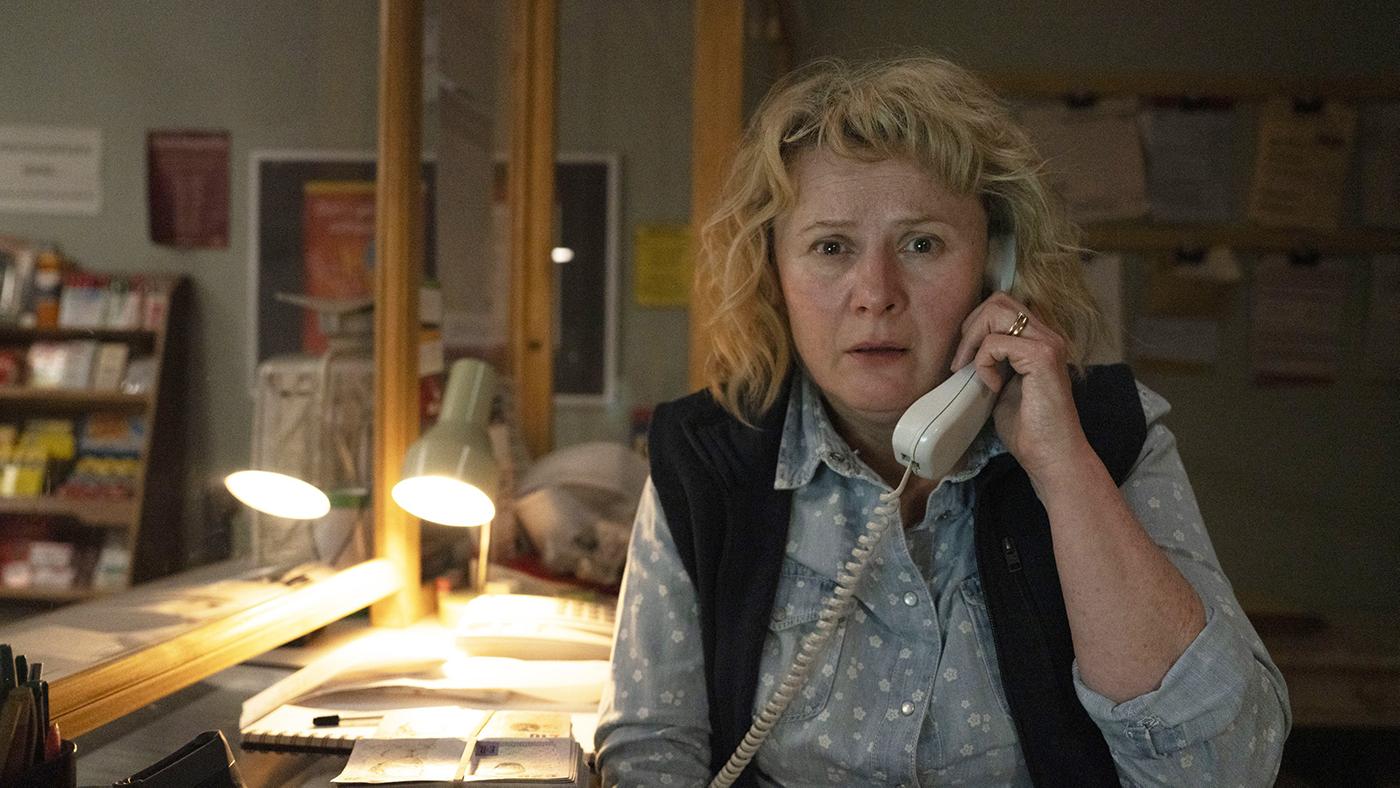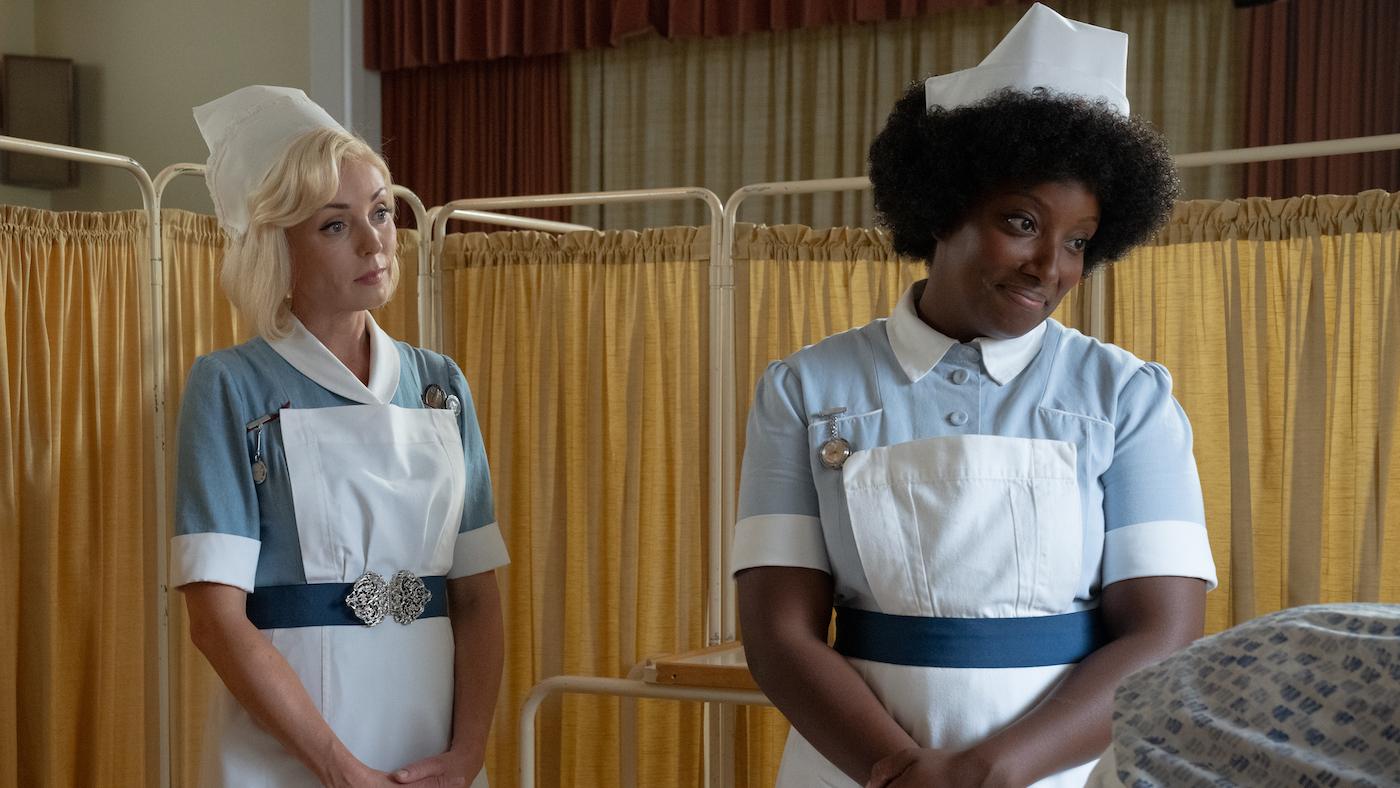'Vienna Blood' Recap: Season 2 Episode 1
Daniel Hautzinger
January 9, 2022
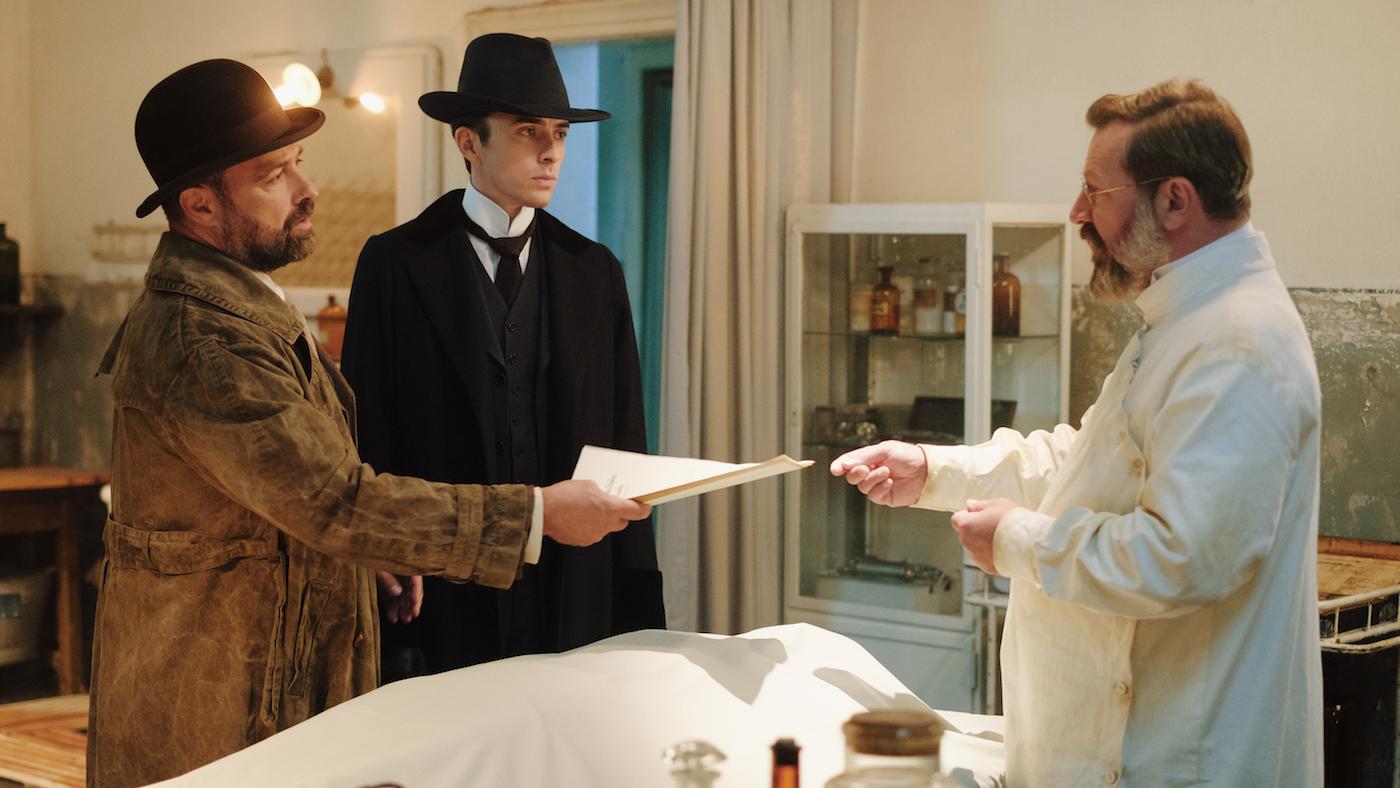
Vienna Blood airs Sundays at 9:00 pm and is available to stream at the same time. Recap the previous and following episodes.
A grand dining room. A woman in delirium. She shivers, stands, pulls the tablecloth and dishes from the table with her, grabs her shawl, stumbles away. She’s barely able to climb the stairs to her rooms on the upper floor of the hotel. She sees a woman in a white veil and screams.
She’s found dead the next day in her filled bathtub, fully clothed.
She’s a widowed Hungarian countess, in Vienna seeking treatment for melancholia. Suicide by drowning is a probable cause of death, seeing as there are no signs of struggle, but inspector Oskar Rheinhardt is skeptical. There’s a gift and an unwritten note waiting to be sent in her rooms.
Countess Nadazdy had been prescribed opium for her depression—standard treatment in those days—but had stopped taking it on the advice of a new therapist: Max Liebermann.
Max has his own private practice now, although he still works at the hospital two days a week, to the chagrin of his former professor Grüner. Max is shocked when Oskar tells him about Nadazdy’s death, and later confides to his mother that losing a patient has him doubting himself. Did he make a mistake taking Nadazdy off the opium prescribed by Grüner, her former doctor?
Grüner certainly thinks so, once Max’s name makes it into the papers. You will be disciplined, Grüner tells Max, vowing to prevent him from ever practicing medicine in Vienna again—and to discredit Freudian psychoanalysis in the process.
Max needs to salvage his reputation—he’s losing patients and drawing disapproving stares when out in public—so he agrees to help Oskar investigate, though he refuses to violate confidentiality by revealing anything about the countess from their sessions together—for now.
While Oskar and Max are at the hotel where the countess died, a woman passes in the hallway and says that “evil walks here with a woman’s face.” They learn that a bellboy was probably the last person to see the countess alive; he says her face was twisted, as though it were melting.
A full postmortem reveals that the countess was dead before she was submerged in the water of her tub: she was poisoned by strychnine.
The hotel director chides the bellboy for sharing information with the inspectors. People come here to keep secrets, he tells him before bribing him with some cash. And yet another bellboy goes to Max’s practice to ask him to take a gift, given him by the countess on behalf of the bellboy work he did for her, to the police—he doesn’t want people to think he stole it after her death. Max asks about the other gift in her room and the bellboy tells him about another hotel guest with whom the countess spent much of her time: Oktav Hauke.
Hauke is a former soldier who seems to have sought out the company of wealthy widows at the hotel such as the countess, perhaps in order to gain access to their fortunes. The new police archivist, Fraulein Lindner, discovers that Hauke was discharged from the army and that a previous landlady, another widow, was found drowned. She wasn’t wealthy, but Hauke was in her will and received gifts from her.
Oskar brings in Amelia, the museum scientist for whom Max broke off his engagement, to search Hauke’s room for signs of strychnine. She doesn’t find any. While she works, she explains to Max that she hasn’t responded to his letters because he’s at the beginning of his career: he can’t afford the scandal of a new relationship so soon after a broken-off engagement.
Max thinks the countess foresaw her death. He finally gives his notes from his sessions with her to Oskar, pointing out a nightmarish dream she recounted. After she relayed the dream to Max, she asked him an odd question: What if someone you loved had a dark secret, had done something terrible? He now believes she thought someone was trying to kill her.
As he, Oskar, and Amelia reconstruct her final day of life, that hypothesis seems borne out. The countess was eating only hardboiled eggs and walnuts: foods that would be hard to poison without her noticing. At her last dinner, the hotel director recalls picking up her shawl, which had dropped; her dancing with Hauke; and then tea service, before she had her meltdown.
Max’s father, who invested in Max’s practice, is beginning to worry about his son’s prospects now that Max’s reputation is being ruined. Worse, Grüner is using the scandal surrounding Max to take down both Max and psychoanalysis: he has initiated a disciplinary hearing.
And now even Max’s office is being attacked, just like his reputation. When he and his mother visit, they find it ransacked, papers scattered everywhere. Oskar fears that the countess’s killer thinks Max, as her therapist, knows who they are. Max is in danger.

